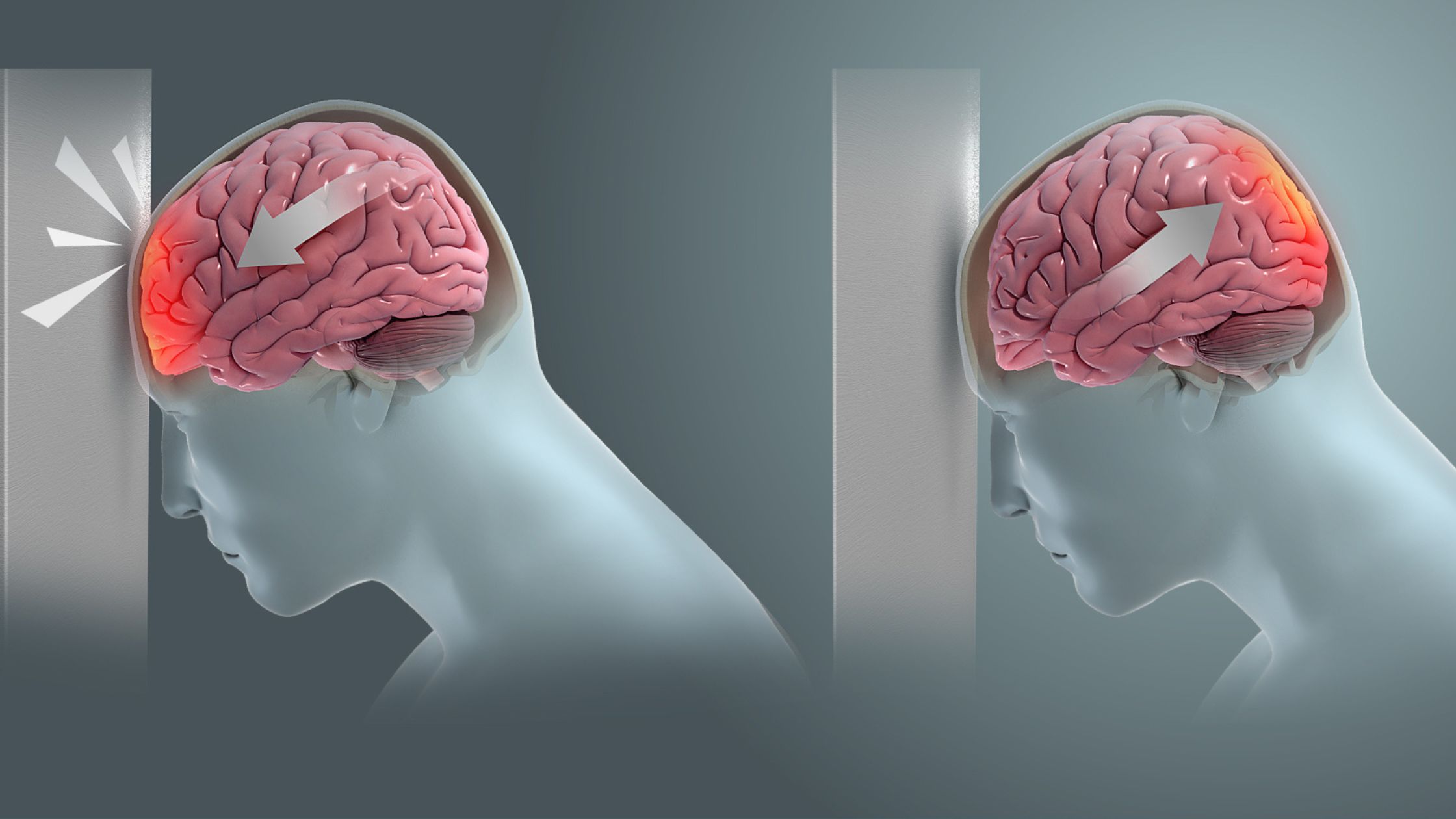The Common Causes of Mood Swings
Experiencing mood swings? They refer to rapid shifts in your emotions. Caused by hormonal changes, stress, lack of sleep, or even underlying health conditions, mood swings can be disruptive.
Mood swings are something you and I might experience from time to time. It’s part of being human. But have you ever wondered why these occur? Let’s dig into some possible reasons behind mood swings.
What Are Mood Swings?
Mood swings refer to rapid and often extreme shifts in emotions or feelings. One moment, you might be feeling joyful and energetic, and the next, you could feel sad or irritable. This fluctuation can happen over a period of hours or even minutes.
While it’s normal to experience mood changes in response to life’s events, significant mood swings can be disruptive and may interfere with your daily life.
Common Causes of Mood Swings
1. Hormonal Changes
Hormonal fluctuations can cause or contribute to mood swings.
For instance, women may experience mood swings, especially during their menstrual cycle, pregnancy, or menopause, due to changes in estrogen levels.
Similarly, men can experience mood changes due to shifts in testosterone levels.
2. Stress and Anxiety
In particular, when you’re stressed or anxious, it’s common to experience mood swings.
These feelings can be overwhelming and can affect your emotional balance, leading to rapid changes in mood.
3. Lack of Sleep
Have you ever noticed feeling irritable after a poor night’s sleep? Lack of sleep can generally have a significant impact on your mood, leading to mood swings.
So, it’s essential to prioritize getting enough sleep.
4. Diet and Lifestyle Factors
Your diet and lifestyle can also affect your mood. For instance, excessive caffeine or alcohol can lead to anxiety and mood swings.
A lack of physical exercise can also contribute to mood instability.
Furthermore, experiencing a significant life change, such as a sudden job change, moving to a new city, or the death of a loved one, can often lead to mood swings.
5. Mental Health Conditions
Certain mental health conditions, such as bipolar disorder, depression, major depressive disorder (MDD), Attention-deficit hyperactivity disorder (ADHD), or borderline personality disorder, can cause significant mood swings.
If your mood swings are severe or affecting your quality of life, it’s essential to seek professional help.
6. Medications
Certain medications can also cause mood swings as a side effect. If you’ve recently started a new medication and are noticing mood swings, it’s worth discussing this with your healthcare provider.
7. Physical Health Conditions
Physical health conditions like thyroid disorders, heart disease, rheumatoid arthritis, Alzheimer’s disease, HIV, or diabetes can cause mood swings.
These conditions can impact hormone levels and brain function, leading to changes in mood.
8. Substance Misuse or Abuse
Substance misuse or abuse, including alcohol and drugs, can significantly affect your mood.
These substances can cause fluctuations in your brain chemistry, leading to mood swings.
How to Treat Mood Swings
Mood swings can be managed and treated effectively. Let’s discuss how:
1. Lifestyle Modifications
Simple lifestyle changes can be effective in managing mild mood swings. Regular physical activity, a healthy diet, and ensuring sufficient sleep can significantly improve your mood stability.
It’s also important to limit alcohol and caffeine intake, both of which can trigger mood swings.
2. Mindfulness and Relaxation Techniques
Practices such as yoga, meditation, or deep breathing exercises can help you manage stress and achieve a sense of calm, potentially minimizing mood swings.
3. Cognitive-Behavioral Therapy (CBT)
CBT is a type of therapy that helps you understand your thoughts and feelings and how they influence your behaviors.
It can equip you with strategies to manage mood swings and reduce the impact they have on your life.
4. Medications
In some cases, medication may be recommended.
For instance, mood stabilizers, antidepressants, or anti-anxiety medications can be effective for those experiencing severe mood swings or those linked to conditions like bipolar disorder.
5. Treating Underlying Conditions
If mood swings are a symptom of an underlying physical or mental health condition, treating that condition can help alleviate the mood swings.
For instance, hormone therapy might be appropriate for mood swings caused by hormonal imbalances.
6. Support Groups or Counseling
Connecting with others who are experiencing similar challenges can be helpful. Support groups offer a safe space to share experiences and coping strategies.
Counseling can also provide valuable tools for managing mood swings.
All in all, remember if mood swings are affecting your quality of life, it’s essential to seek professional help. There’s no need to navigate this alone. A healthcare provider can guide you to appropriate resources and treatments. You deserve to feel stable and happy!
Further Reading: What Causes Irritability?






